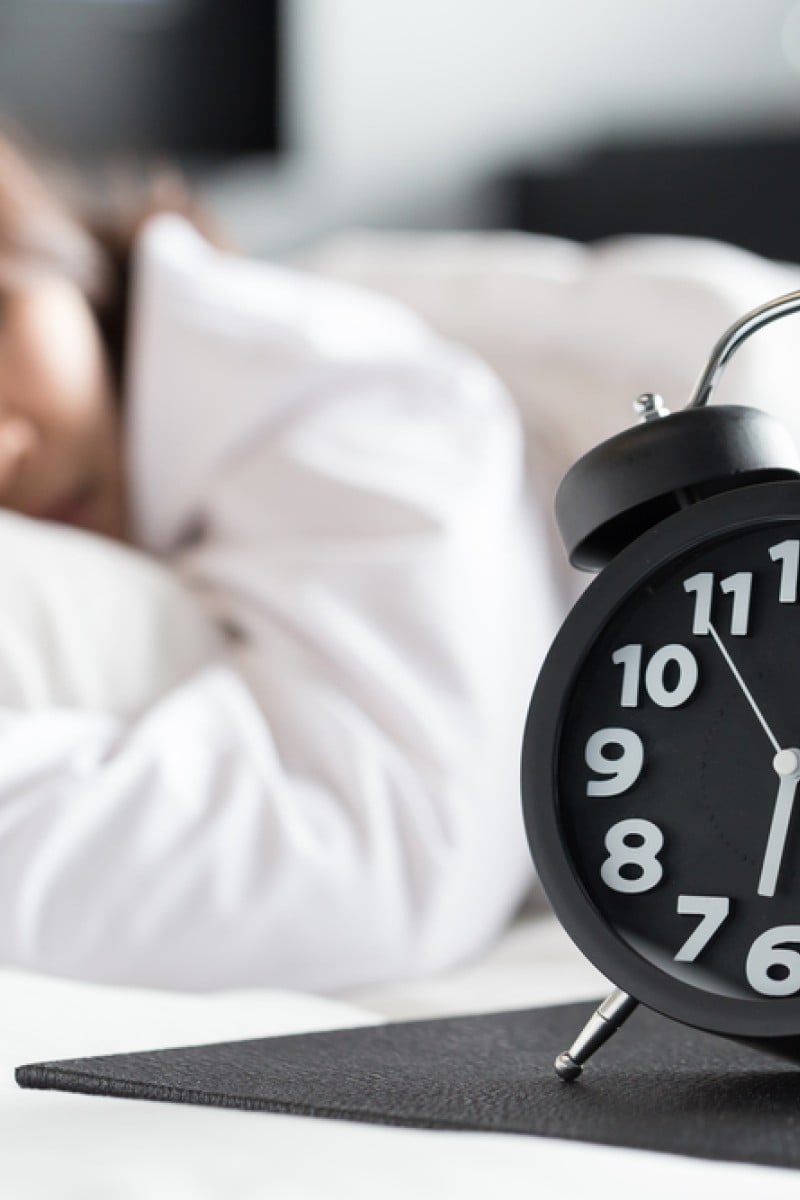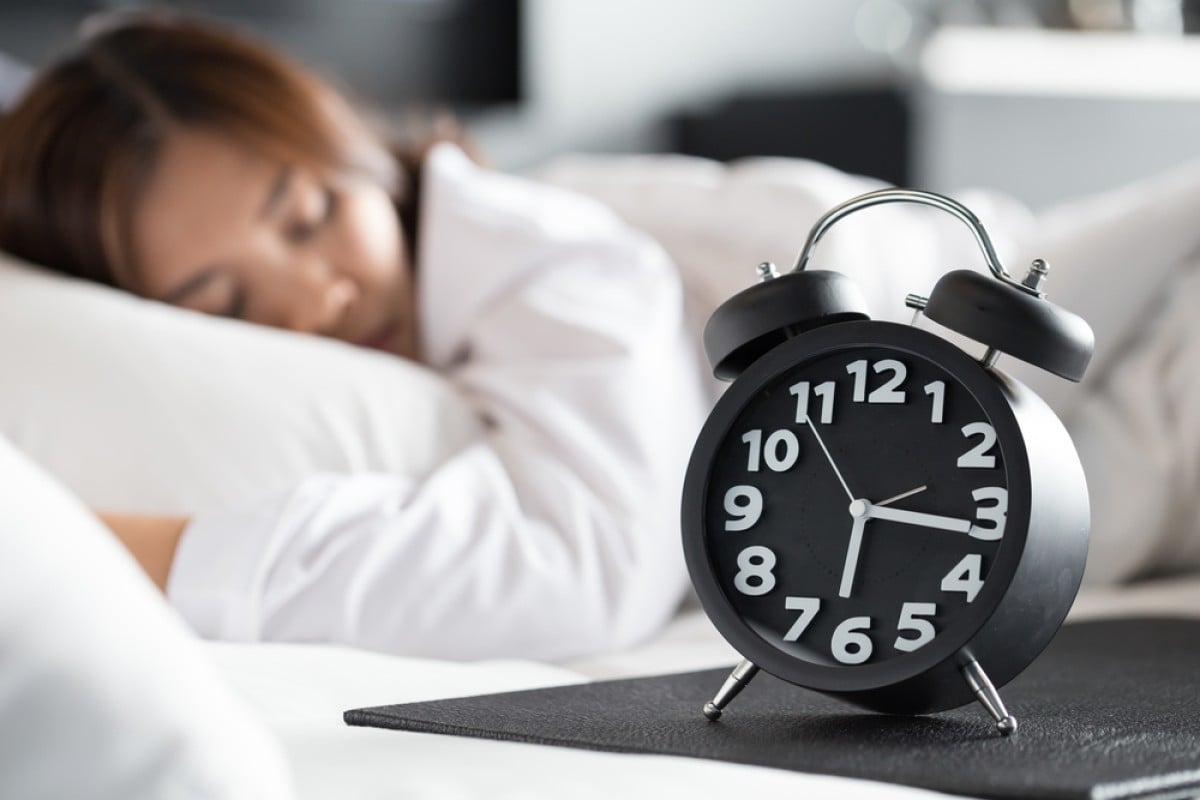
Expert tips on how to stop procrastinating - and why you do it in the first place
Here’s how to beat procrastination with simple things you can try right now

Procrastinators – people who delay or put things off – often have the same conversations with themselves when faced with a task. “Is now a good time to finish working on that school project that’s due by the end of the month, so that I can start working on another project that’s due by the end of next month?” they ask themselves. “Well, yes. But … later is also a good time to start,” they answer back.
Does that sound at all familiar? If it does, then you might also be one of those students that pull an all-nighter to finish homework assigned weeks ago, hours before it’s due to be handed in. When this happens, many of you might blame yourself for your lack of discipline, or your laziness.
For many of you, the answer is simply a case of shutting down Fortnite or not opening up the YouTube link your friend has sent you. For others, though, procrastination can be a real problem and can seriously affect their life, self-esteem, and well-being.
13 stages of procrastination we all know well
“Procrastination can be fear- or anxiety-based,” says clinical neuropsychologist Dr Jacen Lee of Hong Kong Clinical Neuropsychology Centre. For example, if you are scared about doing badly in a maths exam even if you study hard for it, you might avoid studying altogether and accept the failure as a given – not just as a possibility. However, this means you might never truly do well in anything, because you won’t try.
Perfectionism (the desire to be perfect) is seen as a good quality by many, but the expectation from others for you to be perfect can cause anxiety, which leads to procrastination. The effort and energy it takes to meet another person’s high standards can seem overwhelming, which might lead you to drag on as long as possible the start date of a project or of finishing a task.
“You become anxious, subconsciously or consciously, when you take out an assignment and you instantly find yourself relieved when you put it away,” Lee says. “This is a form of internal reward.” Rewarding yourself feels good, so putting off hard work becomes a habit. This is one reason why many people fail to tidy their bedroom, learn a new language, or gain useful job skills.
Growing pains: is our quest for perfection leading to depression and low self-esteem?
So, how do we stop being such terrible procrastinators?
Lee says that a good first step is to know what is stopping you from picking up tasks to finish. This means recognising whether the reasons you are giving yourself to avoid something are real or not. The next step is figuring out why you are giving yourself these reasons in the first place.
One useful trick is to keep track of your procrastinating ways. When you realise you are getting distracted from your work, take a moment to write down what is distracting you. See if you can find a pattern, which will help you to identify, manage, reduce, and get rid of the distraction.
Lee also says it is a good idea to “break tasks into smaller, more manageable pieces to conquer things step-by-step”.
Growing Pains: take back control - don’t let anxiety rule your life - it can be done
Another tip is to set small goals for yourself, rather than one big one. Telling yourself you will finish an article by the end of the week sounds scarier than telling yourself you will write an outline today, write the first draft in two days’ time, and write a second draft two days after that. This way, your mind focuses on how you will get there instead of the fact you need to get there.
If simple steps like these can’t stop even the most hardcore of procrastinators among you, then you should try to talk to a trusted adult, for example a teacher or a doctor, and see what professional advice they can give you.
Procrastination is something that even the best of us will struggle with. However, if we take the time to recognise it, we can beat it, and finally put off putting things off – for good.
Andrew Adler, Ph.D., Advisor
Licensed Psychologist (US)
Doctorate in Clinical Psychology, Yale University
[email protected].hk
+852 9386 5104
